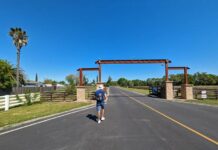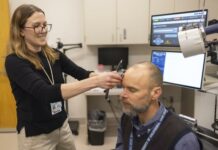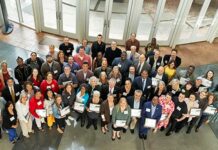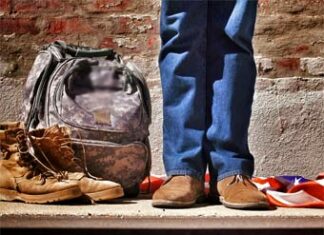Increasing testing capacity as California faces major backlog
SACRAMENTO, Calif. – Clinical pathologists, infectious disease physicians and scientists at UC Davis Health are collaborating on new reagents (substances used for chemical analysis), diagnostic tests and a vaccine for the COVID-19 coronavirus in hopes of preventing and ultimately treating the infection.
UC Davis Health’s Clinical Laboratory began internal testing March 19 with the Centers for Disease Control and Prevention (CDC) assays (tests to determine presence of infectious agents) while, at the same time, developing high-throughput assays on the Roche Diagnostics cobas(r) 6800 System to meet an expected surge in cases. The Food and Drug Administration (FDA) granted “emergency-use authorization” to UC Davis’ test in mid-March.
Testing capacity
This week, UC Davis Health Clinical Laboratory specialists developed the capacity to run as many as 200 tests a day. The commercial device has the capacity to perform more than 1,000 tests per day if the need arises. Lydia Howell, professor and chair of the UC Davis Department of Pathology and Laboratory Medicine, and Nam Tran, associate professor of pathology and laboratory medicine and senior director of clinical pathology in charge of the COVID-19 testing at UC Davis Health, discuss the instruments, the testing and their implications for COVID-19.
Q: When did UC Davis Health acquire the Roche cobas 6800 system?
Howell: It was delivered in December. We had chiefly purchased it for oncology testing. We didn’t anticipate it was going to be used for this, yet there it was ready to go when this crisis came up.
Q: Describe the instrument and UC Davis Health’s strategy in putting it into operation.
Tran: The Roche cobas 6800 is effectively a giant robot the size of an SUV. We knew we’d have to move with the flow of where the demand was then be able to scale, so we came up with a three-pronged approach. The first prong was come up with an assay, in this case, a CDC-based assay, to test 20 patients a day and sustain that for a while. The key term there is sustainability. That brings us to the next platform that we looked at – an instrument called the GenMark ePlex. We already use it, and they had an available laboratory-developed test. Once reagents were available simultaneously, which is the third prong, we deployed the Roche cobas 6800. To go from something that can test 20 tests a day to something that could test up to a 1,000 or more a day with a robot, that’s our end game. This is a marathon. It’s not a sprint.
Q: How accurate are the test results?
Tran: This is bread-and-butter laboratory medicine that we do day in and day out. We go through typically rigorous validations, including now with this COVID response. We compare against multiple standards to ensure that we are either meeting or exceeding what the manufacturer has claimed. And in this case, we’re seeing, at least with a CDC assay, a 91% sensitivity up to 100% specificity.
Q: Are we the only health system in the area with this technology?
Howell: Yes. We had this assay in advance of the emergency-use authorization. It was only released to certain laboratories such as academic health laboratories capable of bringing it up and onboard before it’s been FDA approved. We’re the ones able to do that testing and validation. And the fact that we had some of the earliest COVID-19 patients here at UC Davis has helped us do that testing on real patients and their specimens, ensuring that this is a safe test for everybody. We have epidemiologists, treating physicians and the entire spectrum of expertise saving specimens and documenting what we see. Then, we’re able to take this knowledge and go forward and study for the future. That’s what an academic health center is all about. We’re really lucky here.
Q: Is the UC Davis Health lab working on a test to identify who has developed immunity to COVID-19?
Tran: We have been working on an antibody test for SARs-Cov 2 virus since day one, when we received our first COVID-19 patient in the hospital. Aside from taking the time to make sure that we have an accurate test for immunity, it takes time for individuals who have recovered from the virus to develop antibodies in their blood. We are working with a very reputable company to adapt their reagents to develop an in-house test. It’s important that this test also have high specificity and sensitivity to the COVID-19 virus and not other coronaviruses to prevent false-positive results. We hope to have an antibody test available in the next few weeks with the goal of performing up to 90 tests per hour.
Q: Are you confident we will weather this crisis?
Tran: Yes. I have full confidence that the lab, the School of Medicine, the Davis campus and UC Davis Medical Center will meet these challenges. This is more sustained and challenging than Ebola back in 2015, but we have the resources and great people. It makes this institution great. We’re able to overcome it.
(21+ years strong)
Welcome to the brighter side!
Get in front of local customers! 24/7 (365)





















